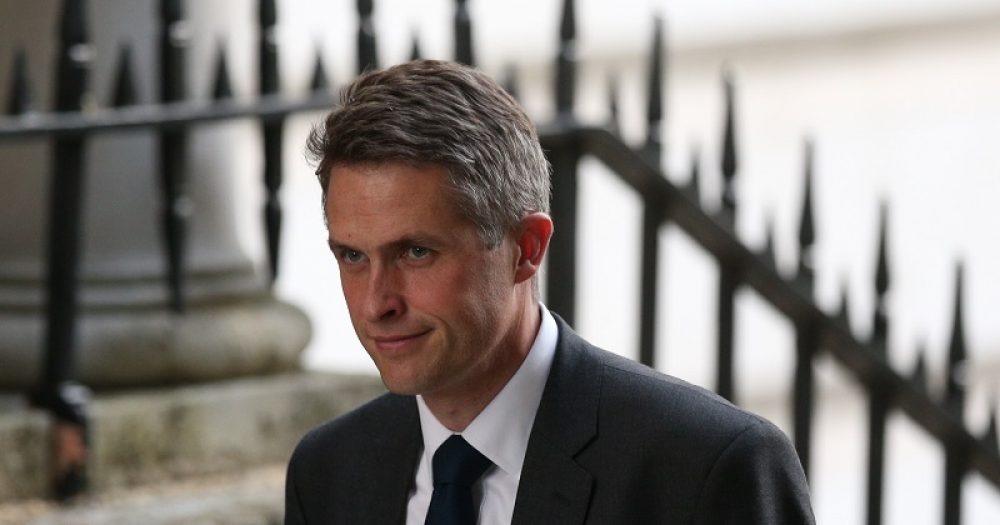The Department for Education is to develop its own “alternative arrangements” for international education exchanges in case the UK drops out of Erasmus+, Gavin Williamson has said.
Speaking in the House of Commons, the education secretary said his department was “open” to future participation in the programme, but that arrangements for after Brexit would be subject to negotiations.
Last week, the government was forced to affirm its commitment to the programme, after most of its MPs having voted against a call to make future membership an “objective” of negotiations.
Erasmus+ is an EU scheme that currently offers opportunities for UK citizens to study, work, volunteer, teach and train abroad in Europe.
For school pupils, the scheme offers a youth exchange programme and volunteering opportunities.
Erasmus+ has paid out tens of millions of pounds in grants to UK schools in recent years for exchanges, along with professional development opportunities for staff and collaborative projects with international partners.
Between 2014 and 2017, grants handed to UK schools totalled almost 70 million euros.
The decision of the UK to leave the EU has brought the country’s future participation in the scheme into question.
Speaking in the commons today, Williamson said: “The United Kingdom is open to participation in the next Erasmus+ programme, and this will be a question for further negotiations with the European Union.
“But we do truly understand the value that such exchange programmes bring all students right across the United Kingdom. To ensure that we are able to continue to offer that, we will also develop our own alternative arrangements should they be needed.”
Today’s debate was on the education elements of last month’s Queen’s speech.
During his speech, Williamson pledged to bring forward legislation to ensure minimum funding rates pledged by the government is passed on to schools, and reaffirmed the government’s commitment to recent pledges including an arts premium and extra funding for SEND support.
But Angela Rayner, the shadow education secretary, said there was “little actual substance” to the government’s proposals.
“Today the secretary of state made his first since last November. Education was the issue that they didn’t want to talk about during the election, and when they did, he had a lot more to say about our policies than their own.”








Your thoughts